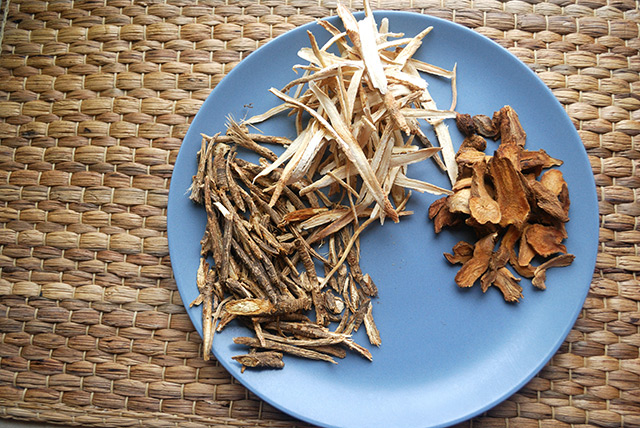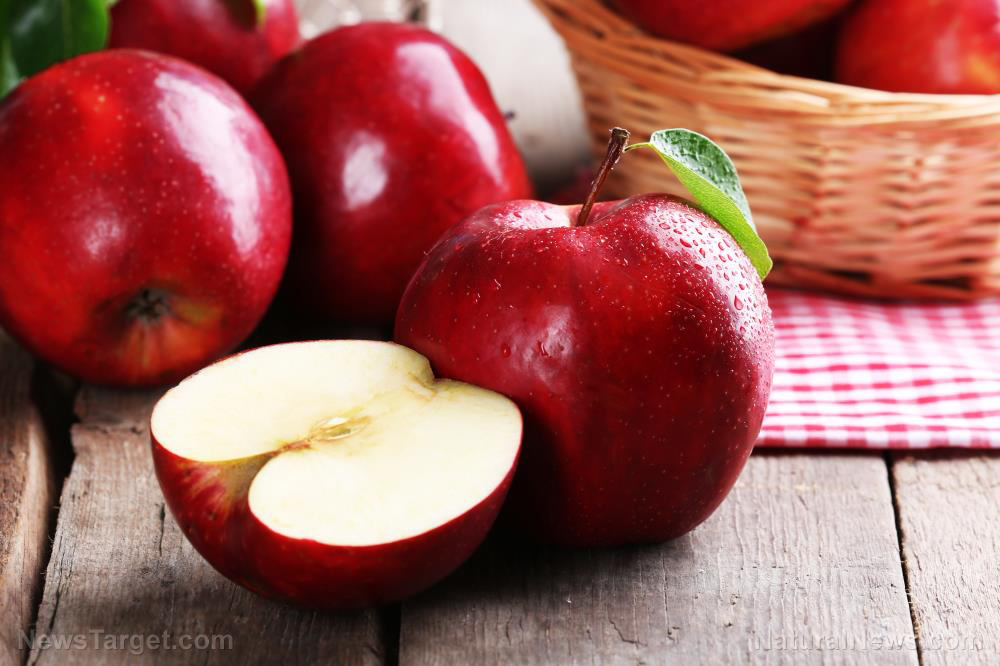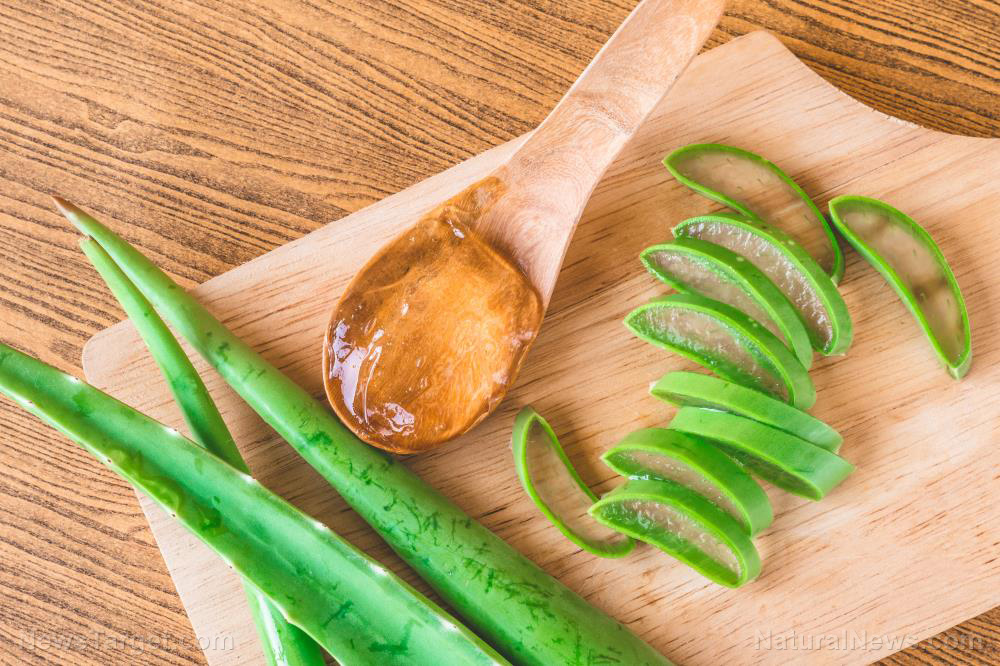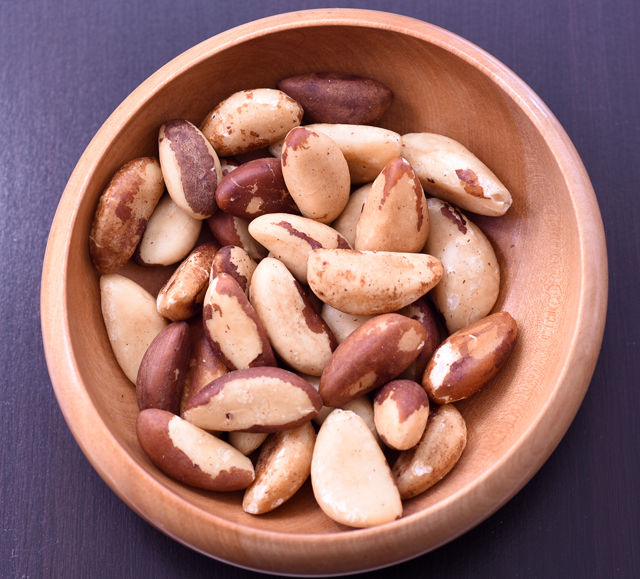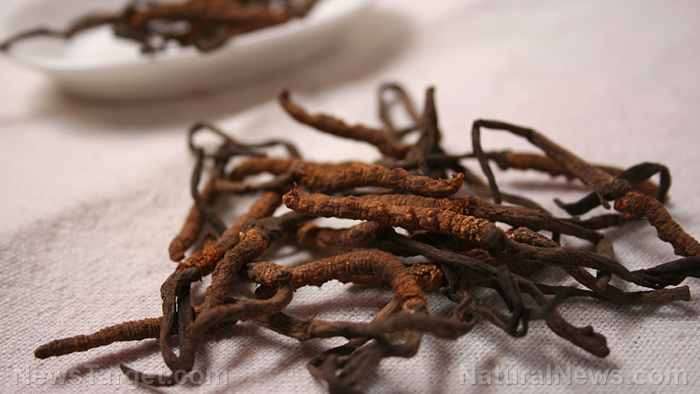13 Natural diuretic drinks that are great for detoxing
09/30/2019 / By Melissa Smith

Excess water in the body is called water retention, which can leave you feeling puffy and cause swollen ankles, feet, legs, and hands. Water retention may occur due to serious health conditions like kidney disease and heart failure. There are also people who experience it because of hormonal changes. To ease water retention, people take diuretics. Here are 13 natural diuretic drinks you may try:
- Apple cider vinegar with warm water – Mixing apple cider vinegar and warm water makes for a great natural diuretic because it does not deplete potassium in the body, unlike many natural diuretics.
- Beetroot juice – Beetroot juice contains high amounts of potassium, which helps eliminate fluid. It also has an anti-inflammatory effect due to its betanin content, which has been associated with lower levels of C-reactive protein.
- Carrot juice – Carrot juice is used as a diuretic, especially by women during their period or pregnancy to help reduce bloating. Carrots are rich in antioxidants and vitamins that help remove toxins in the body.
- Celery in soups and salads – Celery is a great addition to soups and salads. It contains coumarin, which helps in cleansing the system by removing all unwanted water in the body through urination. It also aids in digestion and reduces bloating. Celery is also rich in water and electrolytes that can prevent you from getting dehydrated, making it an even greater diuretic.
- Coffee – Coffee and other caffeinated drinks may have a mild, short-term diuretic effect. However, people who regularly drink coffee can develop a tolerance to caffeine and may not see any difference.
- Cranberry juice – Cranberries were used by the Native Americans as a natural diuretic. Drinking cranberry juice provides antioxidants and vitamin C and helps flush out all the excess water in the body without removing potassium.
- Dandelion tea – Dandelion is a common wildflower that can be used to make tea. It has a history of use as a natural diuretic; it is used in Native American, Chinese, and Arabic traditional medical systems. It contains compounds that promote kidney function and increases the frequency of urination.
- Fennel tea – Fennel is a flavorful and fragrant spice native to the Mediterranean region. It can be made into a tea and is used in traditional medicine throughout the world. Fennel tea may act as a diuretic and aid in digestive problems, such as gas, bloating, and stomach cramps.
- Ginger tea – Ginger tea has diuretic properties. Drinking ginger tea also aids in digestion and helps eliminate toxins in the body. (Related: 9 Diuretic Foods That Lower Blood Pressure, Detox & Aid Weight loss.)
- Green tea – Drinking green tea can cause a mild diuretic effect because of its caffeine content. However, like coffee, its effect may wear off as you build a tolerance to it.
- Lemon juice – Making fresh lemon juice or infusing water with lemon slices is a great natural diuretic. Drinking lemon juice can also flush out bacteria, reduce bloating, and cleanse the system completely. In addition, lemon contains potassium, which can boost your immunity.
- Parsley tea – Parsley tea is a traditional remedy for water retention. Drinking this tea can reduce the reabsorption of sodium and potassium salts in the kidney, leading to increased urine volume. This helps reduce bloating.
- Pineapple juice – Drinking pineapple juice not only flushes out excess water and sodium in the body, but also toxins. Pineapple juice also contains small bits of fiber that can unclog the digestive and intestinal tracts, reduce arterial plaque, lower blood pressure, and prevent weight gain.

|
Discover how to prevent and reverse heart disease (and other cardio related events) with this free ebook: Written by popular Natural News writer Vicki Batt, this book includes everything you need to know about preventing heart disease, reversing hypertension, and nurturing your cardiac health without medication. Learn More. |
Before taking any of these natural diuretics, consider consulting your healthcare provider first. Some of these natural diuretics may affect your body’s levels of important minerals, such as sodium, potassium, and magnesium.
Sources include:
Tagged Under: alternative medicine, antioxidants, apple cider vinegar, beetroot, carrots, Celery, coffee, Dandelion, detox, diet, disease prevention, disease treatments, diuretics, drinks, fennel, food cures, food is medicine, functional food, ginger, Green tea, Herbs, lemons, natural cures, natural medicine, nutrients, Parsley, Pineapple, prevention, remedies, water retention
RECENT NEWS & ARTICLES
Natural.News is a fact-based public education website published by Natural News Features, LLC.
All content copyright © 2018 by Natural News Features, LLC.
Contact Us with Tips or Corrections
All trademarks, registered trademarks and servicemarks mentioned on this site are the property of their respective owners.


